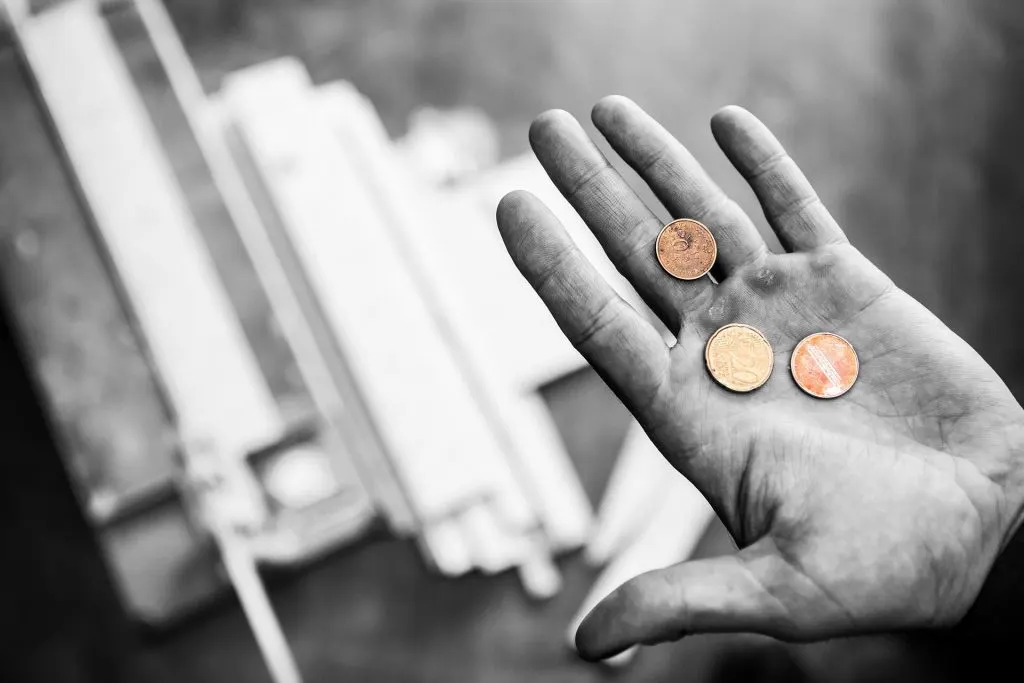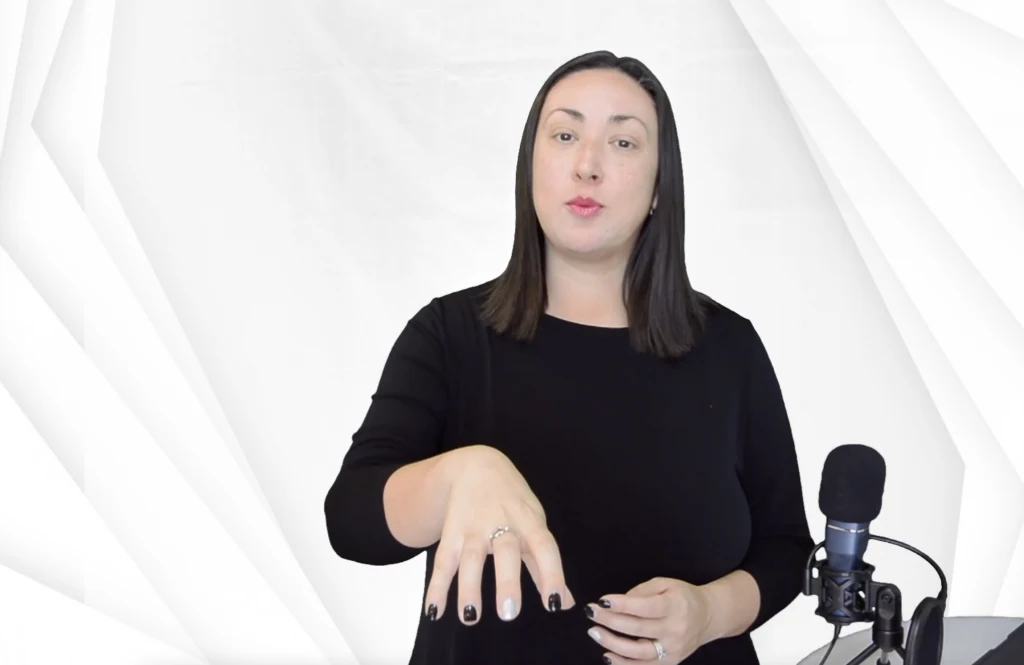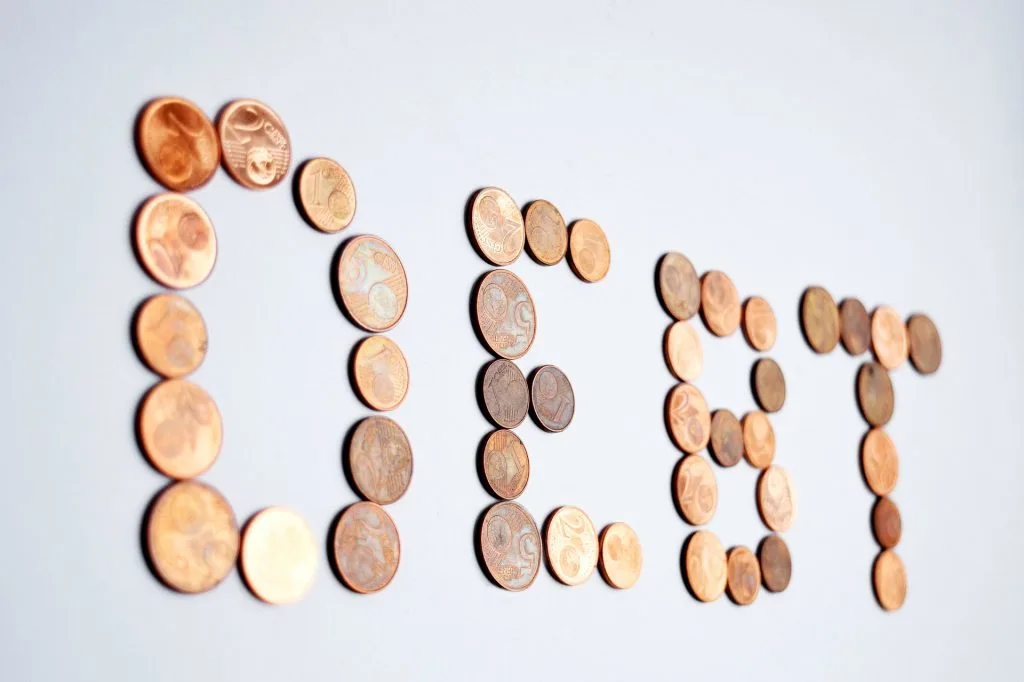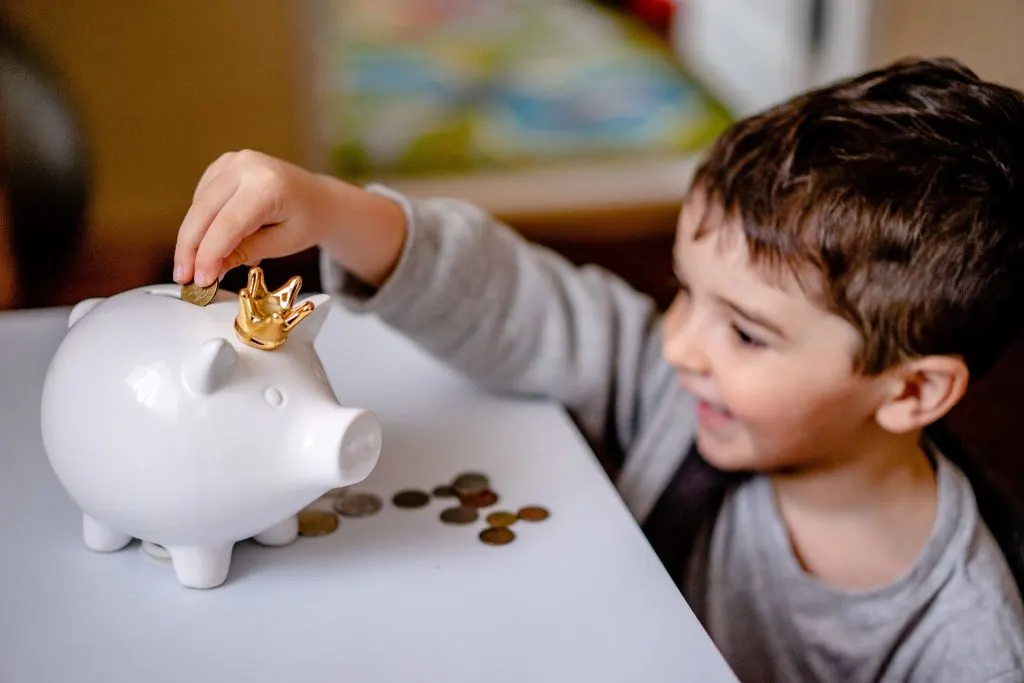Minimalism is often associated with the idea of decluttering and simplifying one’s life. However, one can also apply it to their finances and create a minimalist budget.
This concept involves reducing unnecessary expenses and focusing on what truly matters in life. In order to create a minimalist budget you first need to get over the fear of looking at your budget to begin with.
Utilizing a minimalist budget is not about deprivation. In fact the entire premise of a minimalist budget is to create more disposable funds for fun and freedom.
Identify Priorities
There is no point in creating a budget if you don’t have your big picture goals in mind. Take the time to contemplate and decide what is truly important to you. Make a list of priorities so that allocating resources is easier.
If you are part of a family with a shared budget, be sure to include your family in the goals discussion. Once you understand what lifestyle you are trying to establish, then creating the budget becomes clearer.
Track Spending
Keep a record of your expenses for a few weeks to get an idea of where your money is going. Physically print out every debit and credit card statement from the previous month and ponder every single purchase.
Small purchases are the enemy of every budget. The few dollars here and couple bucks there do not seem like anything worth thinking about. However, those are the exact leaks that sink the entire budget.
Eliminate Expenses
Now that you see your spending in black and white it should be easy to identify leaks. Negotiating better rates for recurring bills such as insurance, phone service, or subscriptions can loosen up the budget for long periods of time.
Consider canceling services such as cable or home phone service and stick with just one streaming service subscription. Find ways to swipe less by cutting back on eating out, shopping, or gas from excessive driving.

Automate Savings
Most people don’t set up savings or investment strategies because they feel they have too little wiggle room to make a difference. But, just as the small leaks can ruin a budget, small contributions can create surprisingly large savings.
There are programs at many financial institutions that will automatically round up every purchases to the nearest dollar and deposit the rounded up change into savings. You could also set up auto transfers of $5, $10, $25 or more dollars on a monthly or weekly basis.
Contact your HR department to get a new transfer form if your paycheck is direct deposited. You can have a specified amount of money deposited into an entirely different banking institution where you destroy the debit card. Putting barriers between you and the money can prevent spending it in moments of weakness.
Cash-Only System
Some people swear by a cash only envelope system. At the beginning of the month, put the pre-determined amount of cash in a spending category envelope and use it until there is no money left.
My preference is to use exclusively credit cards, so I can rack up significant points and miles. Only put charges on credit cards if you have enough money in your bank account to cover the purchase. You can pay off credit cards numerous times per month to ensure your balance alway stays at zero. To me, that’s operating in cash, but with a strategy that allows for lots of free travel.

Messy to Minimalist Online Course
From idea to implementation you can learn every step of the minimalism process. No guesswork. No fumbling around looking for guidance. Every aspect from mind to motivation to minimizing guides is provided in this course.
Plan for the Unexpected
As you move towards creating financial freedom there are steps forward and steps backwards. Unexpected expenses coming up just as you feel yourself getting ahead can be soul crushing. This is why most budget methods suggest first creating a $1,000 or one month emergency fund.
Funding an emergency fund is a good plan, but for many people in debt, that step is not exciting enough to get them started. So for that reason I always suggest getting a couple wins under your belt before setting up an emergency fund.
False Scarcity
I coined the term false scarcity about a decade ago when my husband and I got married. Money would come into our joint account from his paycheck and my business, but I would immediately transfer it out to various places. I would fund our retirement accounts, investments, pay off the car early, set aside money for vacations, and bulk up our home down payment account.
My husband called me from New York where he was traveling for work and said the debit card was declined (this was before we were credit card pros). He asked me how he was supposed to buy dinner. I had transferred so much money out of our checking account to ensure our future wealth that I didn’t leave enough for dinner. Immediately I hopped on the computer and transferred money for him to get dinner. It was that moment I realized my false scarcity had gone a little far and I needed to loosen the purse strings a bit.
I still strongly advise people to live below their means and not spend just because there is money available. Your future self will appreciate your self control if you can retain wealth instead of trying to keep up with a fictional version of visible success.

Debt Avoidance
Minimalism is about reducing clutter in all areas of life, including debt. Avoid taking on debt unless it is to leverage into a money producing asset, for example a home. I absolutely understand that the vast majority of people need to take on a mortgage in order to purchase a home. Just be mindful about not taking on the largest loan they will give you but rather the loan you feel comfortable paying.
Paying off debt gives your power and freedom to make choices you don’t feel empowered to make when you’re in debt. When a worldwide pandemic hit and our family didn’t want to live in America, I’m not sure we would have felt confident leaving if we hadn’t been debt free.
Experiences
Invest in experiences including education instead of material goods. Items can fall apart, be lost, or just be a general let down, whereas time-based activities can never be taken away from you and will always be valuable.
A minimalist budget gives you more wiggle room to splurge on the art class or rent the boat for a day. Always prioritize experiences over things.

Stay Focused
Any time you feel tempted to stray from your minimalist budget it is time to re-assess your priorities from step one. If I can teach you anything about motivation, it is that you are never lazy or procrastinating; you just aren’t properly motivated.
Or course you’re going to fall off the band wagon if you end goal isn’t really in alignment with your true desires. And the kicker is, your desires can and will change. So it is absolutely worth your time to regularly evaluate if your goals are in alignment with the person you are becoming.
Embrace Simplicity
Being less stressed about finances is the ultimate life hack. Not being stressed about money can make your life infinitely easier. It is not only rich people who don’t stress about money. Average people can be financially free with the proper preparation.
Simplify your budget by reducing expenses. No matter how much money you make it will never be enough if you can’t get a handle on your spending.
Your Minimalist Budget
By following these tips, you can create a minimalist budget that aligns with your values and helps you live a more fulfilling life. Remember that minimalism is about finding balance and simplicity in all areas of life, including your finances.
Creating wealth for yourself can become a lasting legacy for your family. The middle class does not commonly talk about or aspire to create generational wealth. However, through minimalism the idea of amassing wealth has become not just possible but, probable.
Making a plan now will make the future of your life significantly easier. Spend the time to teach your kids about money, spending, and priorities. Your new minimalist mindset is not about thinking smaller it’s about thinking clearer. You will feel so much more confident in your choices after adopting a minimalist mindset.



Leave a comment